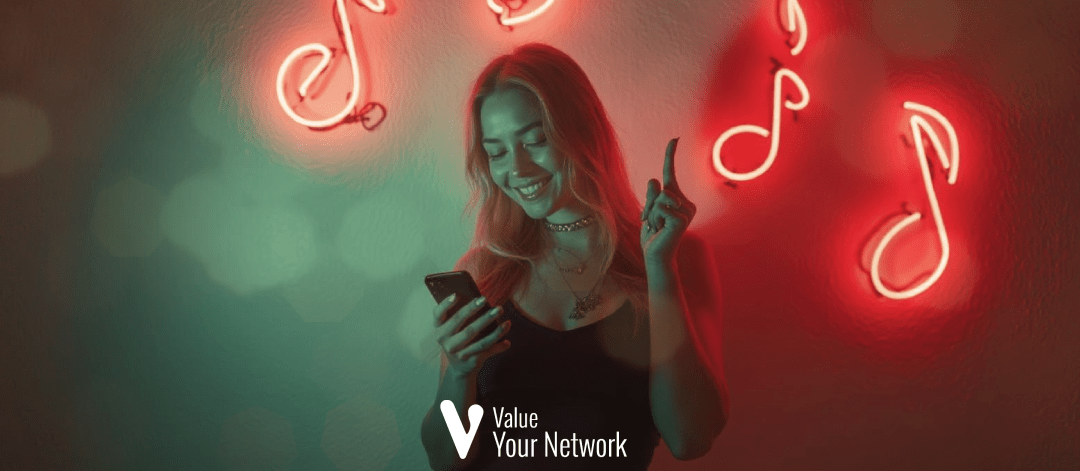Discover how TikTok is transforming marketing by promoting authentic content from creators and redefining marketing strategies. brands.
TikTok is not just a social platform, it's a cultural and marketing revolution. With billions of views generated every day, creators' authentic, viral content is turning brand strategies on their head. From now on, it's not the brands that control their discourse, but the content creators. So how are brands adapting to this new dynamic? What opportunities does TikTok offer marketers? Let's dive into this fascinating transformation.
TikTok's disruptive role in brand marketing
TikTok has brought about a major change in marketing by promoting authentic and often unexpected content. Unaffiliated content creators sometimes become a brand's best ambassadors.
A striking example: A woman using a cosmetics product saw her video go viral. She is now the face of the brand without being a professional influencer. In the same way, a simple humorous video about a chicken salad was taken up by Weight Watchers as a key element of its campaign.
These examples show that brands are no longer leading the conversation: they're following it. This loss of control is forcing marketing teams to rethink their strategy, relying on the spontaneity and authenticity of user-generated content.
The rise of organic designers
Contrary to what you might think, TikTok doesn't necessarily encourage the emergence of new big brands through traditional collaborations. Instead, it spotlights designers who don't even think of themselves as such. The latter target communities of influencers. Ces derniers s’adressent à des communautés de believers - consumers who adopt a product without a marketing intermediary.
An inspiring example: The Duolingo mascot, who dances to humorous and absurd videos, perfectly embodies this approach. There's nothing conventional about this content, but its virality is undeniable. Similarly, brands like McDonald's have embraced this culture, using ridiculous logos created by users to play the virality game.
TikTok and the end of traditional marketing strategies
Traditional advertising agencies are facing an unprecedented challenge. The disintermediation brought about by TikTok and artificial intelligence tools is permanently changing their role. It's no longer a question of producing polished content, but of integrating creative strategies that rely on authentic content creators.
Viral trends on TikTok require profound adjustments:
- Adopt a remix culture: Brands must become commentators on existing content, adapting it to their image without controlling its essence.
- Choosing between education and entertainment: For example, Selena Gomez uses TikTok to raise awareness of mental health issues while promoting its brand, Rare Beauty.
- Strengthening community ties : Jack Conte, founder of Patreon, talks about the importance of true fansThese loyal consumers become natural ambassadors.
The future of marketing on TikTok
TikTok is forcing a complete upheaval in marketing approaches. The end of cookies, followers and the traditional funnel is forcing brands to constantly experiment. Artificial intelligence tools play a key role in this transition, accelerating content creation and facilitating strategy testing.
Innovative example: Ian Beacraft demonstrated at SXSW how AI can produce thousands of visuals and landing pages in a matter of hours, revolutionizing the way marketing teams work.
What's more, the virality of user-mode videos, such as those by luggage brand Away, shows that authenticity prevails over polished campaigns.
Conclusion
TikTok is redefining influencer marketing by shifting the power from brands to content creators. In this world where authenticity prevails, brands must learn to let go, adapt to an organic culture and exploit the opportunities offered by artificial intelligence. One thing is certain: the future of marketing will be played out to the rhythm of TikTok trends.

